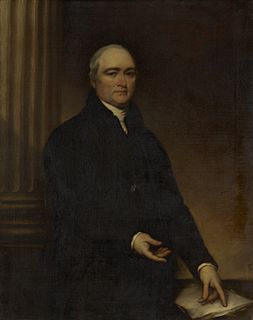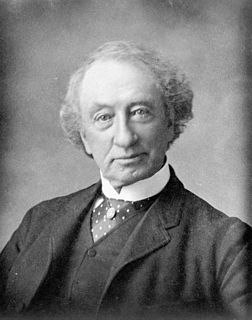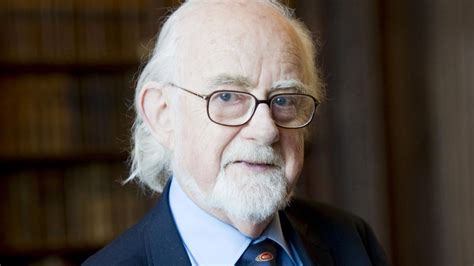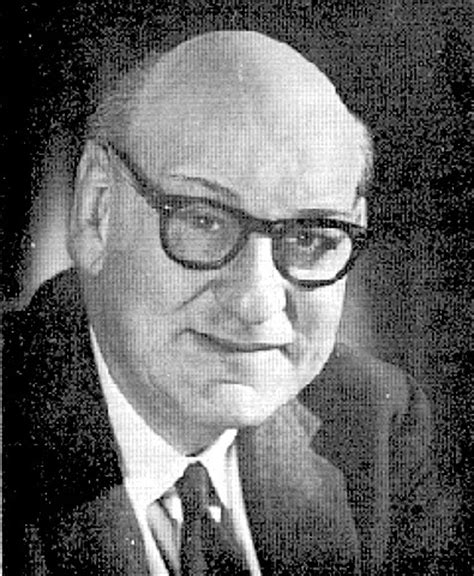A Quote by Thomas Pogge
Drafts of domestic legislation must be published, debated and publicly voted on, which gives ample opportunities to civil society organizations and ordinary citizens to at least understand what's being proposed and to voice and to organize opposition before the decision is made.
Related Quotes
Often vastly more important, international agreements are not routinely published in draft form or publicly debated, and civil society organizations and ordinary citizens often learn of important global institutional design decisions only after they have already been finalized and adopted. The only reliable way to be kept informed and to exert timely influence is by lobbying and paying the politicians and their negotiators.
Liberals say this over and over and over again to hide the actual history, which is why I go through the specifics on the big segregationists in the United States Senate, the ones who signed the Southern Manifesto and the ones who voted against the 1964 Civil Rights Act. There's a panoply of issues to consider. The first time they objected to the Federal government doing something was when it came to civil rights legislation. This is in stark contrast to the very few Republicans who voted against the '64 Civil Rights Act.
[T]here are, at bottom, basically two ways to order social affairs, Coercively, through the mechanisms of the state - what we can call political society. And voluntarily, through the private interaction of individuals and associations - what we can call civil society. ... In a civil society, you make the decision. In a political society, someone else does. ... Civil society is based on reason, eloquence, and persuasion, which is to say voluntarism. Political society, on the other hand, is based on force.
The Humane Society of the United States works with local Humane Societies across the country. We don't control every local Humane Society in this nation. These organizations strive to the greatest degree to provide homes for animals and to encourage adoption, to spay and neuter animals. And if a decision is made to euthanize, it is a failure of society, not the local organizations who are striving to do their best.
Remember the vast majority of the Democrats as well as all the Republicans in the House of Representatives in Louisiana voted for my signature-piece of legislation in the house which was a bill, actually a bill for true civil rights. That there must be no discrimination against anyone on the basis of race in affirmative-action.
Up until, really, Roosevelt, African-Americans largely voted ninety per cent Republican. That was the political origins, that's what their political voice was in the Republican party. During that history, that last sixty or seventy years of history, the Republican party effectively walked away from the community. They were afraid to really embrace civil rights even though they embraced civil rights legislation. And so it's not enough to just to put it on paper, you gotta actually show up and be in the community, and understand what that struggle was really about.
It must be an independent House, having a free action of its own, for it is only valuable as being a regulating body, calmly considering the legislation initiated by the popular branch, and preventing any hasty or ill considered legislation which may come from that body, but it will never set itself in opposition against the deliberate and understood wishes of the people.
Before any man can be considered as a member of Civil Society, he must be considered as a subject of the Governour of the Universe: And if a member of Civil Society, do it with a saving of his allegiance to the Universal Sovereign. We maintain therefore that in matters of Religion, no man's right is abridged by the institution of Civil Society and that Religion is wholly exempt from its cognizance.
Civil society space provides the oxygen for citizens to participate and meaningfully hold their governments and the private sector to account - and ensure that decisions are made in the interest of the majority and not the few. Without it, citizens have limited space to dissent and challenge the elites.
Before any man can be considered as a member of civil society, he must be considered as a subject of the Governor of the Universe. And to the same Divine Author of every good and perfect gift we are indebted for all those privileges and advantages, religious as well as civil, which are so richly enjoyed in this favored land.
The great challenge which faces us is to assure that, in our society of big-ness, we do not strangle the voice of creativity, that the rules of the game do not come to overshadow its purpose, that the grand orchestration of society leaves ample room for the man who marches to the music of another drummer.








































